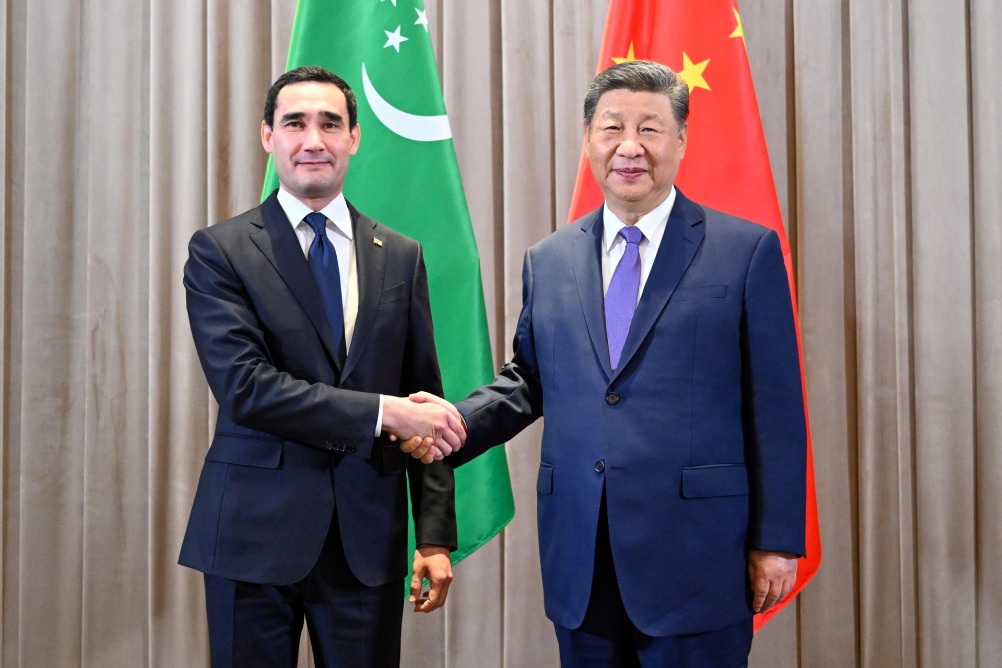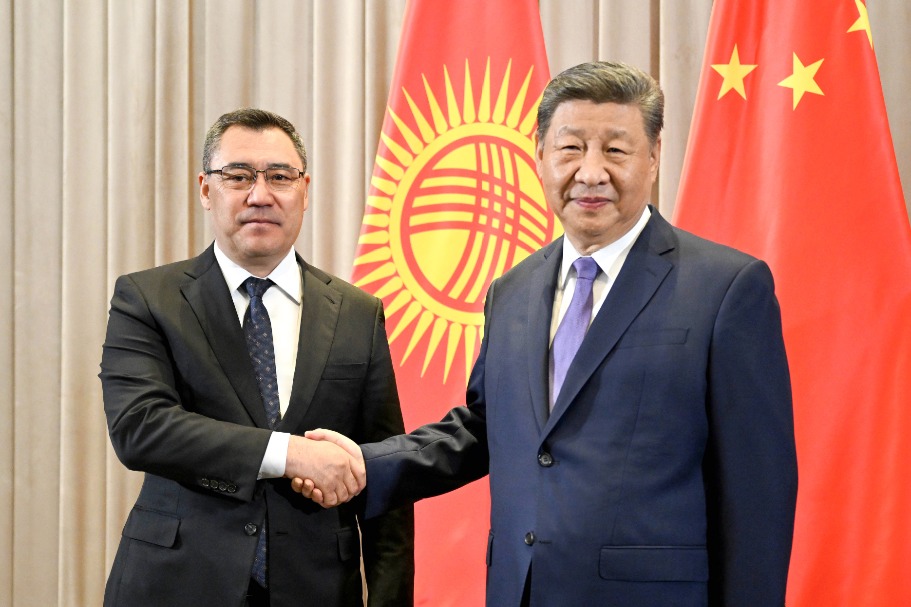Forum on the Development of Tibet 2016: the participants' view

Christine Davies from the United States, vice-president of Asia Society, in New York

My trip to Tibet was very enlightening. I have been to China many times before, but this is the first time I have been to Tibet. I think it's very important and very good for outsiders to be invited in, to see things with their own eyes, and to ask questions, and to reflect, and to be able to go back to our homes, and our organizations and share what we've seen. And maybe we will have more questions, but it begins the dialogue, which is very important. So it's wonderful to see China doing that, starting to do that here in Tibet. It is developing so fast. I did not realize that Tibet was developing this much. I knew that there was a desire under the Belt and Road Initiative to do more in this part of China, but I did not realize it has been going on for many years. And as you know, when China starts to develop it goes very quickly.
Ahmed Zarif Alkadi from Egypt, who teaches Chinese at Minia University in Egypt
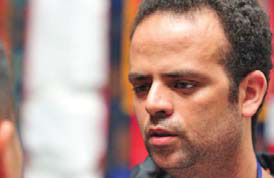
This is the first time I have been to Tibet. I think it is a place full of religious atmosphere, and the natural scenery here is very beautiful. Back in Egypt my limited knowledge of Tibet was mostly from books, such as novels, which depict it as a land of Buddhism that is isolated from other parts of the world, and a highly primitive place. I have found that Tibet has its modern aspects, and the people here are very nice.
Liu Jun from China, a professor in economics who specializes in China's western regions, at Xihua University, in Chengdu, Sichuan province
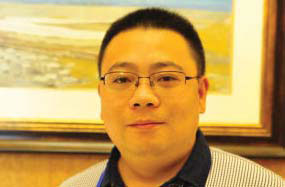
The forum was a great success, and I think similar forums should be held every year, as Tibet is in dire need of such a platform so foreign countries and peoples can know more about it. We should make more efforts to let the world know about Tibet, including its culture and social and economic development. Tibet is now at the best stage of development in its history, including economic growth, education and people's livelihoods.
William Poy Lee from the United States, a researcher in American literature at Beijing Foreign Studies University
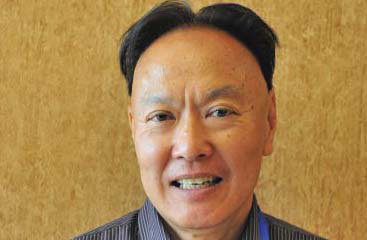
I have been to Tibet four times since I became interested in it. As an American we are basically subject to the very one-sided propaganda view of Tibet, by the Free Tibet Movement, and the Dalai Lama, although he claims to be objective. The more time I spend in China, the more I see that a lot of the claims that are made are false.
Qie Pai from China, a professor in the studies of Northwest China ethnic groups at Lanzhou University, Gansu province
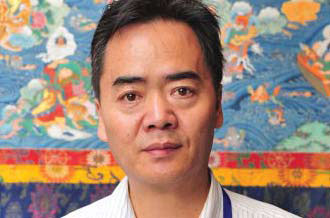
I think the development of pastoral areas should be one of the priorities in the development of the Tibet autonomous region and its nearby areas where the Tibetan ethic groups are concentrated, such as Gansu province. Those living in pastoral areas account for more than half of all the Tibetan population in these areas. Tibetan pastoral areas have grown rapidly since the 1980s, but their inhabitants still face problems, such as in settling down and enjoying better education and medical care.
Jan Mroz from Poland, a reporter with China Radio International
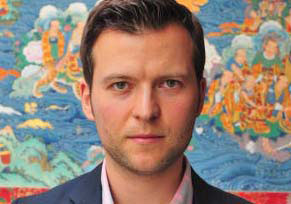
This was my first time in Tibet, and I have been very impressed. I am very interested in Buddhism, so the opportunity for seeing and visiting Jokhang Temple and Samye Monastery was impressive. I think we can learn a lot from China in infrastructure investment. I can see a lot of really modern infrastructures in China, such as the Qinghai-Tibet railway and a new tunnel from the airport to Lhasa.
Roberto Gonzalez Gonzalez from Mexico, researcher in acupuncture at Mexico State Science and Technology University
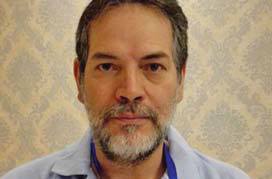
The main purpose of the trip for me was to get more knowledge of Tibetan medicine. I studied Chinese medicine and acupuncture at Beijing University of Chinese Medicine when I was young, and now I am teaching acupuncture at a state university in Mexico.
(China Daily Africa Weekly 09/30/2016 page7)
Today's Top News
- Global firms optimistic about China's market potential
- Xi calls for de-escalation of tensions in Middle East
- China-Central Asia Spirit forged
- 'China-Central Asia Spirit' drives pursuit of harmony, unity, happiness and prosperity
- Xi says China ready to work with all parties to play constructive role in restoring peace, stability in the Middle East
- Xi meets Uzbek President Shavkat Mirziyoyev
















